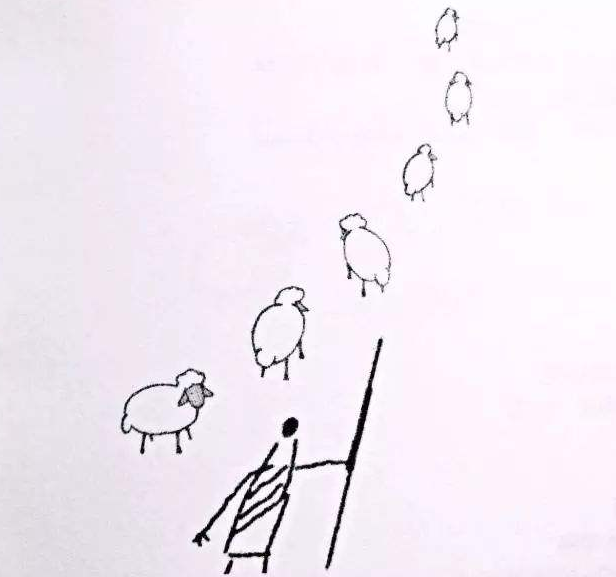The camel driver understood what the boy was saying.
趕駝人沒出聲。
He knew that any given thing on the face of the earth could reveal the history of all things.
他明白男孩所說的話。他知道地球上的任何東西,都能夠揭示萬物的來龍去脈。
One could open a book to any page, or look at a person's hand; one could turn a card, or watch the flight of the birds ...
翻開一本書的隨便哪一頁,給人家看手相,玩一副紙牌,觀察鳥的飛翔……
whatever the thing observed, one could find a connection with his experience of the moment.
無論用什么方式,都可以找到與所經(jīng)歷事情之間的某種聯(lián)系。
Actually, it wasn't that those things, in themselves, revealed anything at all;
實(shí)際上,并不是事物本身在揭示什么,
it was just that people, looking at what was occurring around them, could find a means of penetration to the Soul of the World.
而是觀察事物的人發(fā)現(xiàn)了探究世界之魂的方法。
The desert was full of men who earned their living based on the ease with which they could penetrate to the Soul of the World.
沙漠里到處都有以此為生的人,他們能輕而易舉地探摸到世界之魂。
They were known as seers, and they were held in fear by women and the elderly.
他們以擅長占卜而著稱,令婦女和老人敬畏。
Tribesmen were also wary of consulting them, because it would be impossible to be effective in battle if one knew that he was fated to die.
士兵們很少找他們問卦,因?yàn)橐坏┲懒撕螘r(shí)將死,就不能再去作戰(zhàn)了,
The tribesmen preferred the taste of battle, and the thrill of not knowing what the outcome would be;
他們寧肯體驗(yàn)拼殺的滋味和生死難卜的刺激。
the future was already written by Allah, and what he had written was always for the good of man.
未來已由安拉寫就,不管安拉寫的是什么,總是對人類有益的。

So the tribesmen lived only for the present, because the present was full of surprises, and they had to be aware of many things:
所以,士兵們只為現(xiàn)在活著,現(xiàn)在充斥著種種意外。為了保全性命,他們必須注意:
Where was the enemy's sword? Where was his horse? What kind of blow should one deliver next in order to remain alive?
敵方劍指何處,縱馬何方,下一次可能會(huì)打向哪里……
The camel driver was not a fighter, and he had consulted with seers.
趕駝人不是士兵,故而請教過一些占卜師。
Many of them had been right about what they said, while some had been wrong.
很多人的預(yù)言是準(zhǔn)確的,也有一些人的預(yù)言是錯(cuò)誤的。
Then, one day, the oldest seer he had ever sought out (and the one most to be feared) had asked why the camel driver was so interested in the future.
有一天,一位最年長的(也是最令人敬畏的)占卜師問趕駝人,為什么對預(yù)知未來那么感興趣。
"Well ... so I can do things," he had responded.
“為了采取行動(dòng)。”趕駝人回答,
"And so I can change those things that I don't want to happen."
“避免我不喜歡的事發(fā)生。”
"But then they wouldn't be a part of your future," the seer had said.
“那么,它就不再是你的未來了。”占卜師說道。
"Well, maybe I just want to know the future so I can prepare myself for what's coming."
“我想知道未來,一部分原因是想為將要發(fā)生的事作準(zhǔn)備。”
"If good things are coming, they will be a pleasant surprise," said the seer.
“如果是好事,那將是一個(gè)意外的驚喜;
"If bad things are, and you know in advance, you will suffer greatly before they even occur."
如果是壞事,在它發(fā)生之前你就要受很多苦。”
"I want to know about the future because I'm a man," the camel driver had said to the seer.
“好吧,之所以想知道未來,因?yàn)槲沂莻€(gè)人。”趕駝人對占卜師說,
"And men always live their lives based on the future."
“而人全靠對未來的希望活著。”



